AFP – Colombia has appealed for international help as it battled dozens of forest fires burning vast swathes of the country and covering the capital in a blanket of smoke.
As hundreds of firefighters and volunteers battled flames on the mountains around Bogota for many consecutive day, schools and a university in the worst affected areas scrapped in-person classes and dozens of flights from the El Dorado international airport were delayed or canceled due to poor visibility. Hundreds of blazes have already been extinguished countrywide in recent weeks amid record temperatures and dry conditions linked to the El Nino weather phenomenon.
More than 16,300 acres of vegetation have been destroyed so far, according to the National Disaster Risk Management Unit (UNGRD).
President Gustavo Petro said he had ordered the “activation of international aid protocols”, and announced that offers of help have already come from the United States, Chile, Peru and Canada.
The president has declared a natural disaster, allowing funds to be diverted from other budget items towards containing the blazes.
In the departments of Santander and Cundinamarca – of which Bogota is the capital – fires have consumed about 600 hectares of forest, officials said.
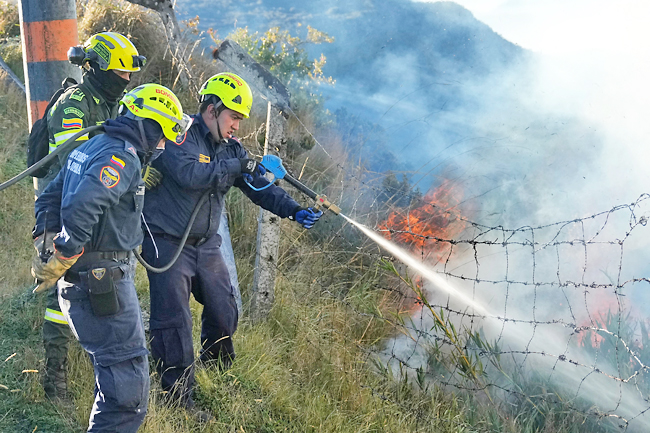
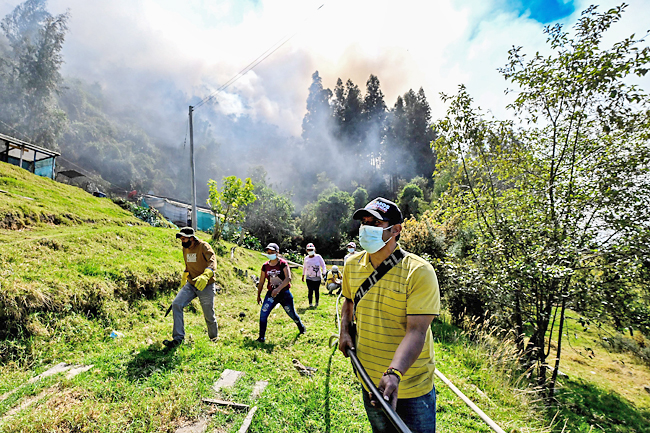
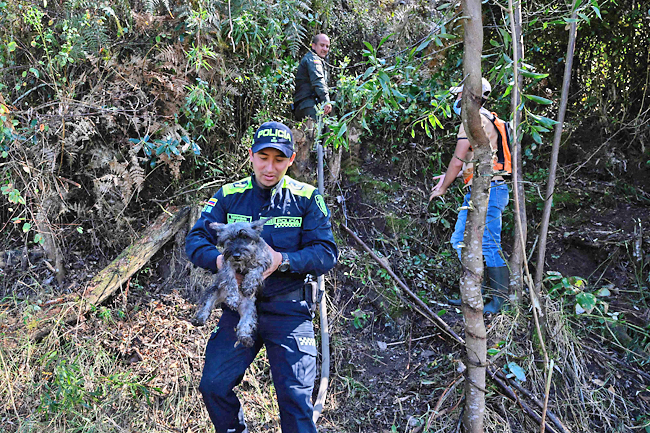
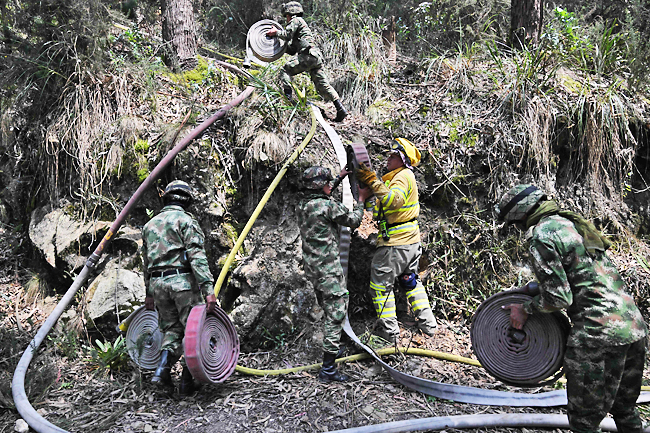
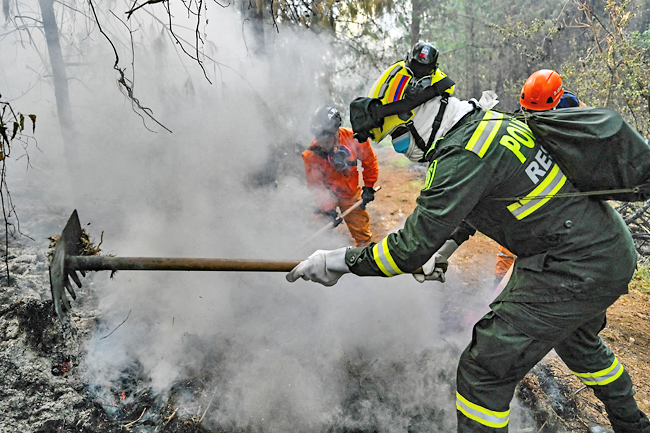
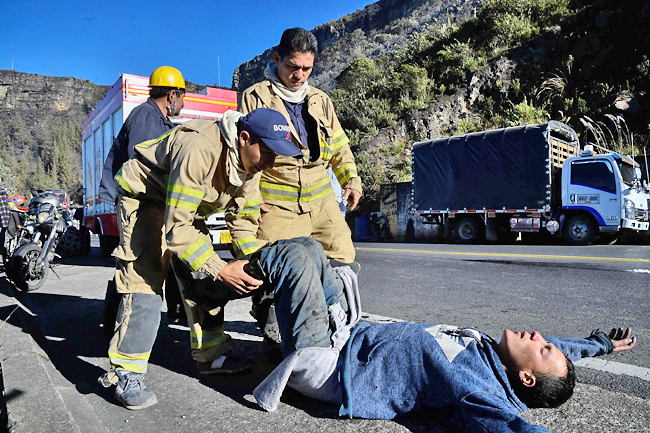
Authorities have warned of a “significant deterioration” in air quality in the city of some eight million people, with Bogotans counseled against outdoor physical activity.
Many pedestrians were spotted wearing face masks.
“I am very worried… It’s terrible,” resident Andrea Gomez, 48, told AFP.
The city council advised citizens to close their windows and leave wet towels under their doors, and Mayor Carlos Fernando Galan said he was in touch with the Spanish ambassador regarding possible assistance as the situation “can become more critical”.
Hundreds of wild animals including raccoon-like animals called coatis, porcupines, birds and frogs have been fleeing the heat and flames in one of the world’s most biodiverse countries and spotted in growing numbers in built-up areas.
Citizens have mobilised to bring snacks and drinks to firefighters, and sharing appeals on social media to leave out water for distressed animals.
Petro said global warming was aggravating the effects of El Nino – a phenomenon typically associated with increased temperatures worldwide, drought in some parts of the world and heavy rains in others.
“This may be the hottest year in the history of mankind,” said the president, calling on “every mayor, every governor and the national government” to prioritise water supplies.
Sixty-two municipalities were facing water stress, he added.
Nine towns in the north, centre and east of Colombia posted record temperatures last week of up to 40.4 degrees Celsius in what is typically the coldest month in Colombia.






